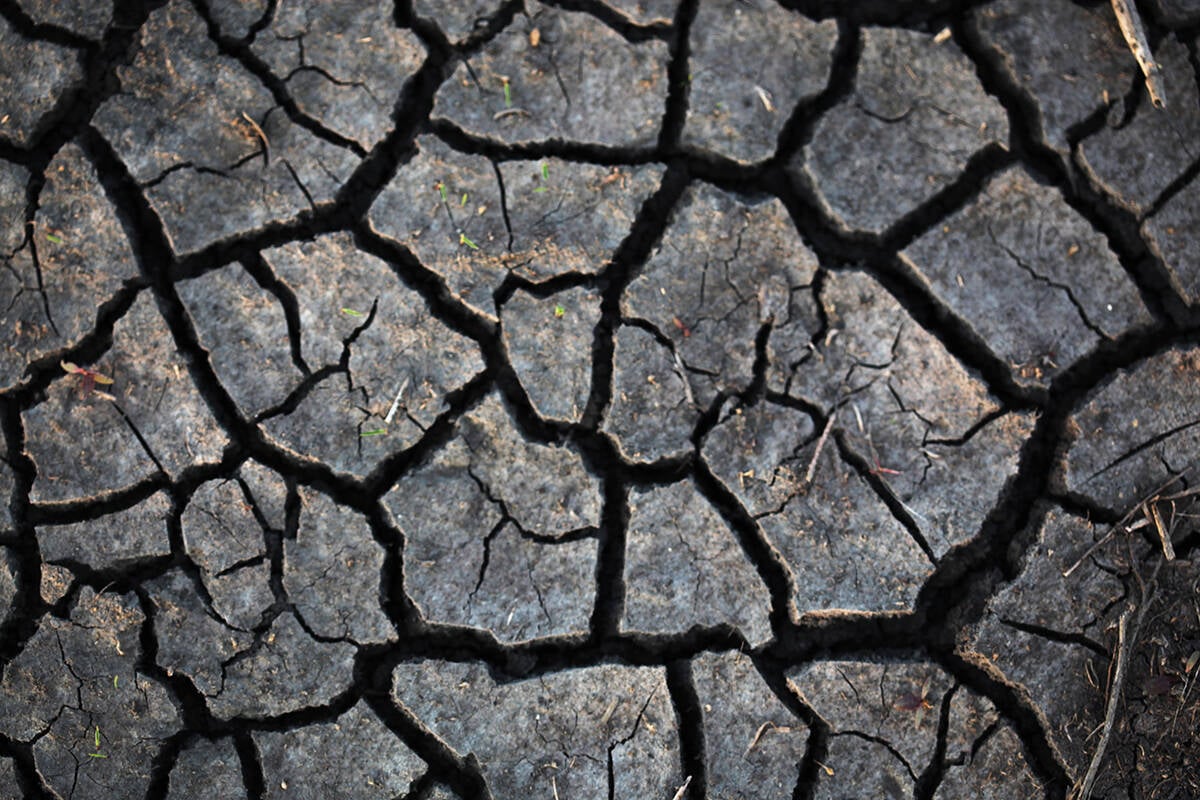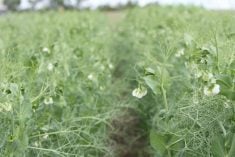As he stood in the ashes of one of the world’s newest ground zeroes for animal disease trade disruption, Alejandro Thiermann allowed himself to hope.
All countries should now realize they can’t afford to continue in this way, he said.
Speaking to the World Meat Congress in Winnipeg on June 16, the president of the Organization Internationale des Epizooties said Canada is an example of how countries with disease outbreaks are victimized when importing nations don’t follow international rules.
Canada’s access to world meat markets was shut down last year when one case of BSE was discovered in Alberta.
Read Also

Prairies have variable soil moisture conditions
The dry weather in the west was welcome for preserving grain quality and advancing harvest, but it has resulted in very dry soil moisture conditions.
He called the “one cow shutdown” from world markets an unreasonable response and said Canada would have a good case before the World Trade Organization if it challenged the import restrictions. However, he said Canada has also been guilty of going beyond OIE standards, such as banning European beef products for the past 15 years, and could also be taken to the WTO.
“They’re all guilty, to one degree or another, and I hope because of that we will no longer have ‘have’ versus ‘have-not’ (designations of countries with disease), and make the big trading partners sit down and say that now that we all have it, let’s sit down and find a reasonable solution to this problem,” he said.
Thiermann did not predict that animal disease outbreaks are likely to fade.
Not only have BSE, foot-and-mouth disease and avian flu wracked the world’s meat industries, but new diseases have appeared that could have severe impacts, he added.
Thiermann, who works for the U.S. Department of Agriculture in France, said he believed the world meat industry will face another serious disease outbreak by this time next year. The only reasonable response is for the world’s trading nations to back away from their “one case and you’re out” approach to border closures, he added.
All major meat trading nations belong to the OIE, the international organization that sets the rules for how countries should respond to animal disease outbreaks. If a country with BSE, for example, follows the rules, its products should be permitted for international trade, said Thiermann.
But even though all major trading nations have approved OIE standards, the rules are not followed when an outbreak occurs.
“I cannot think of one (country that is following the standards),” Thiermann said. “It’s very frustrating …. Every one of these countries has voted in favour of the standard that is not being applied.”















